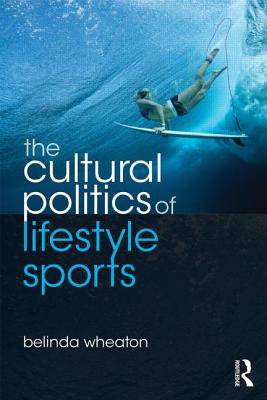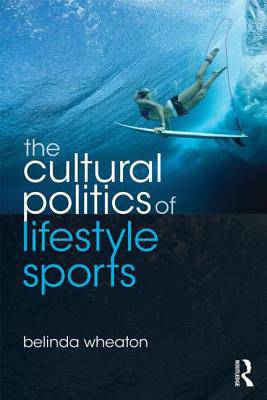
- Retrait gratuit dans votre magasin Club
- 7.000.000 titres dans notre catalogue
- Payer en toute sécurité
- Toujours un magasin près de chez vous
- Retrait gratuit dans votre magasin Club
- 7.000.0000 titres dans notre catalogue
- Payer en toute sécurité
- Toujours un magasin près de chez vous
Description
This important new study examines the changing place and meaning of lifestyle sports - parkour, surfing, skateboarding, kite-surfing and others - and asks whether they continue to pose a challenge to the dominant meanings and experience of 'sport' and physical culture.
Drawing on a series of in-depth, empirical case-studies, the book offers a re-evaluation of theoretical frameworks with which lifestyle sports have been understood, and focuses on aspects of their cultural politics that have received little attention, particularly the racialization of lifestyle sporting spaces. Centrally, it re-assess the political potential of lifestyle sports, considering if lifestyle sports cultures present alternative identities and spaces that challenge the dominant ideologies of sport, and the broader politics of identity, in the 21st century.
It explores a range of key contemporary themes in lifestyle sport, including:
- identity and the politics of difference
- commercialization and globalization
- sportscapes, media discourse and lived reality
- risk and responsibility
- governance and regulation
- the racialization of lifestyle sports spaces
- lifestyle sports outside of the Global North
- the use of lifestyle sport to engage non-privileged youth
Casting new light on the significance of sport and sporting subcultures within contemporary society, this book is essential reading for students or researcher working in the sociology of sport, leisure studies or cultural studies.
Spécifications
Parties prenantes
- Auteur(s) :
- Editeur:
Contenu
- Nombre de pages :
- 248
- Langue:
- Anglais
- Collection :
Caractéristiques
- EAN:
- 9780415478588
- Date de parution :
- 23-07-13
- Format:
- Livre broché
- Format numérique:
- Trade paperback (VS)
- Dimensions :
- 155 mm x 231 mm
- Poids :
- 385 g

Les avis
Nous publions uniquement les avis qui respectent les conditions requises. Consultez nos conditions pour les avis.






